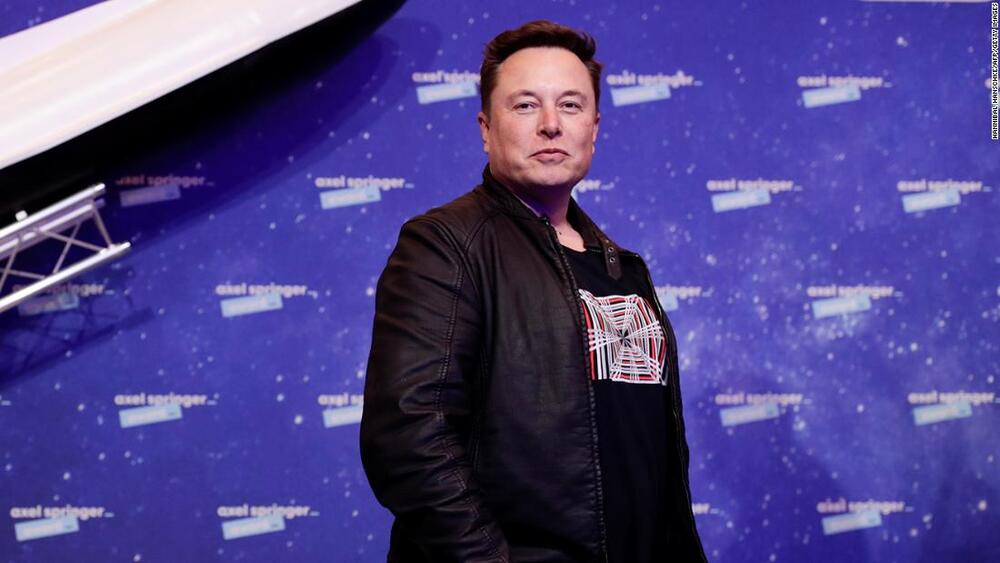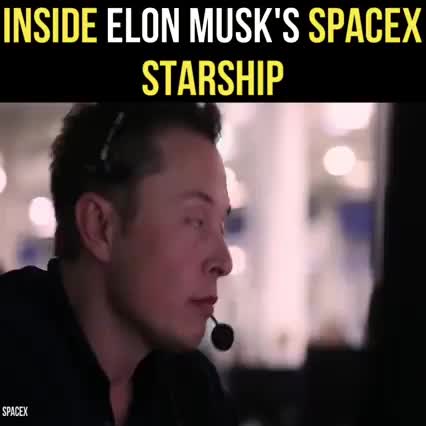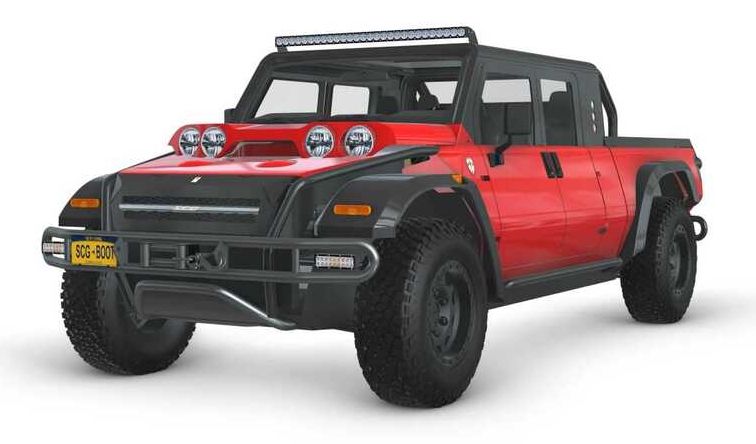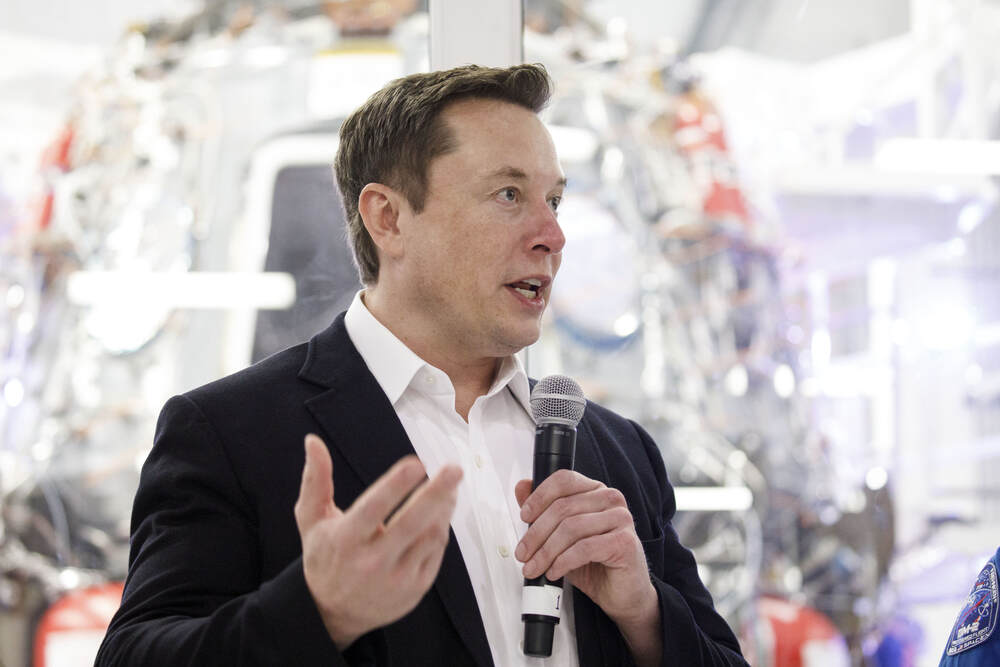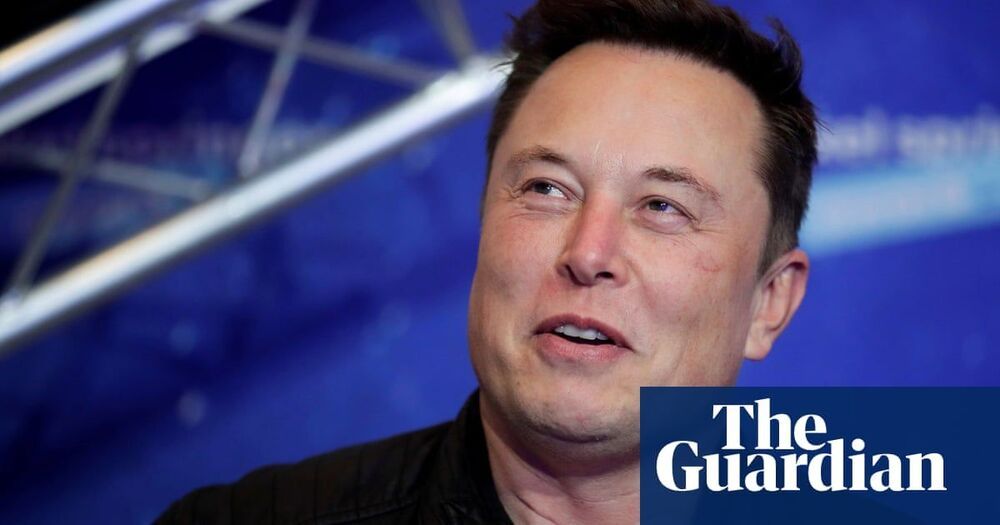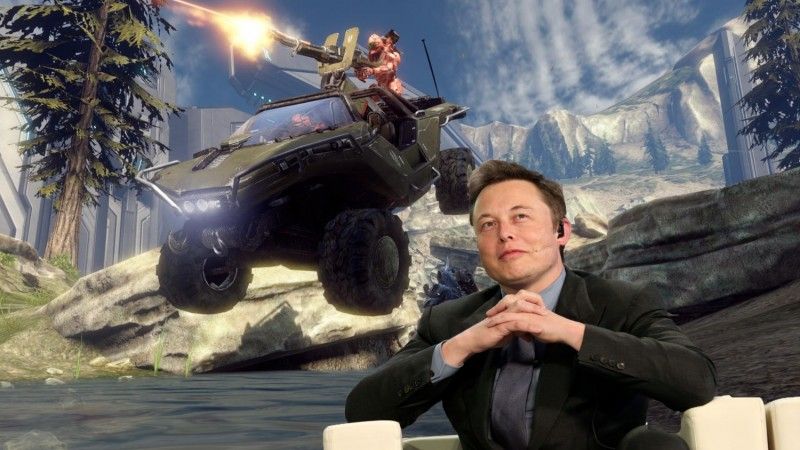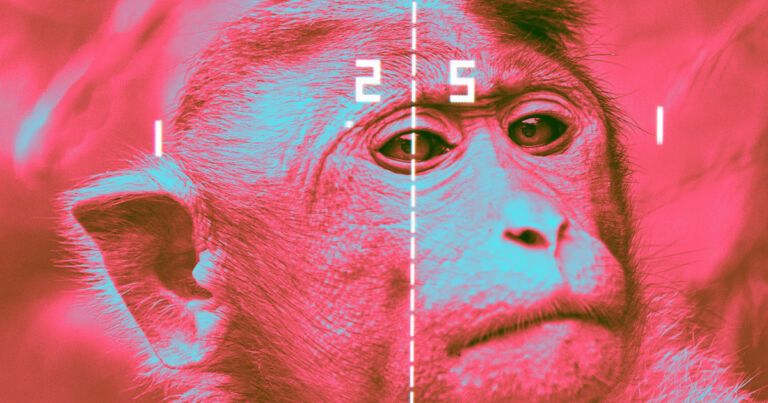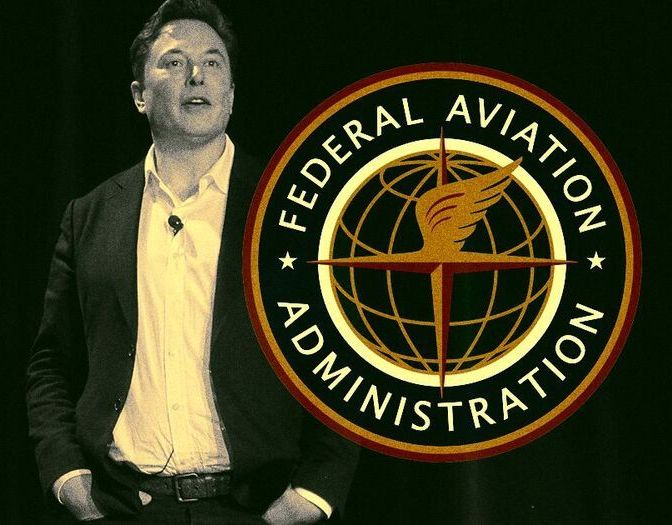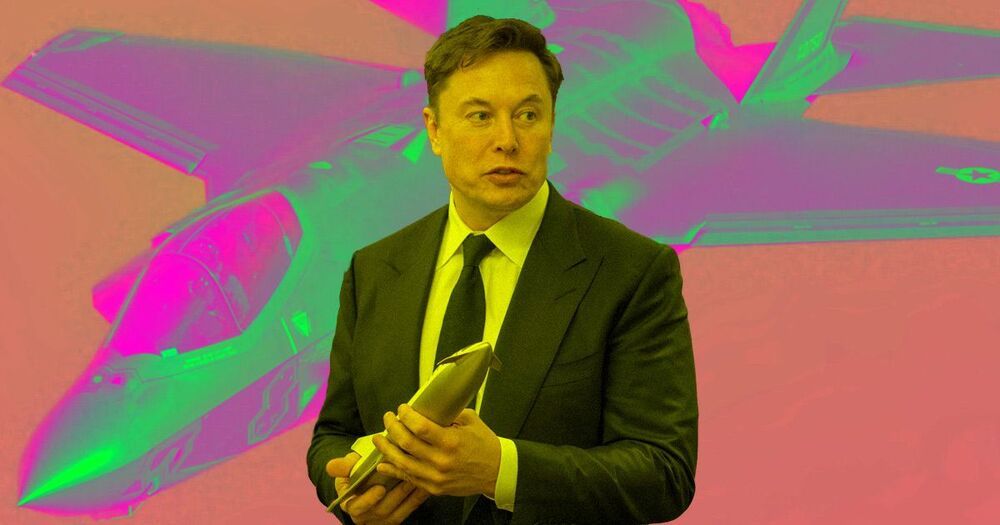If it was any other plutocrat I’d be disgusted. But Musk is pumping HIS OWN MONEY into SpaceX (and the space sector in general).
After SO MANY YEARS of INEXCUSABLY low levels of funding for human space flight — and for the creation of absolutely critical space infrastructure — I am EXTACTIC at the news!
I don’t always agree with the guy, but I DO deeply believe in what he’s trying to accomplish. I believe in his aspirations for our species. MOST IMPORTANTLY, unlike most of his peers with vaguely similar aims, I believe he can ACTUALLY ACOMPLISH his goals.
Which is WHY this is such great news. The more resources he has, the sooner we become what we are meant to be (or at least what we NEED to be) — a multi planet spacefaring civilization that doesn’t have all it’s eggs in one basket.
For a CEO with no base salary, Elon Musk’s 2020 payday reached sky-high record levels.
